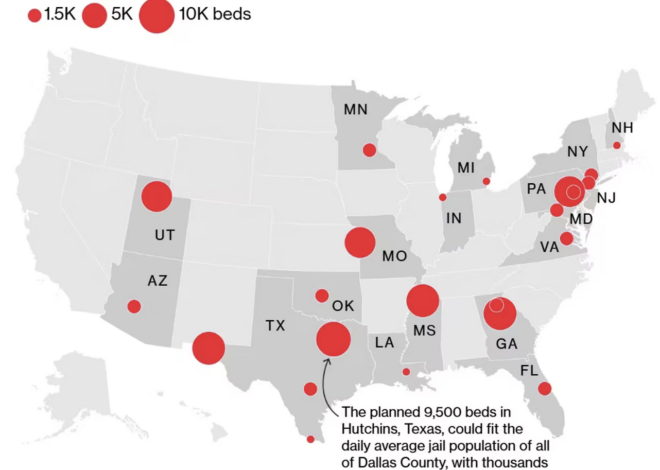
Vietnam ends crypto ‘Grey Zone’ with sweeping new digital asset legislation

Vietnam has officially exited the crypto “grey zone.” In a decisive June 14 vote, the National Assembly passed the Law on Digital Technology Industry, a sweeping legislative package that recognizes and regulates digital assets in one of the world's most active crypto markets for the first time.
The law, which takes effect January 1, 2026, ends years of regulatory limbo and seeks to introduce changes such as a licensing regime for exchanges, AML safeguards, and tax rules tailored to digital assets. It positions Vietnam as Southeast Asia's latest and potentially largest regulated crypto market.
Two asset classes, one national strategy
Under the new framework, Vietnam divides digital assets into two categories: “crypto assets” and “virtual assets.” The distinction reflects an effort to balance innovation with control.
Crypto assets, including tokens with financial functions, will be subject to licensing, capital requirements, and KYC rules. Virtual assets, such as in-game tokens or loyalty points, fall under looser obligations.
The law will likely mandate that exchanges be licensed, hold minimum capital, and maintain local offices. Unlicensed operators face fines, with sub-decrees covering tax, enforcement, and technical compliance expected at some point.
Regulatory push follows FATF pressure
The move comes after Vietnam was added to the Financial Action Task Force (FATF) “grey list” in 2023 for AML/CTF enforcement deficiencies. That listing limited cross-border capital flows and threatened Vietnam's growing fintech ecosystem.
With the new crypto legislation adopting FATF-style safeguards, Hanoi is signaling its intention to get delisted quickly.
Vietnam ranks #5 globally in crypto adoption, with approximately 17 million holders and estimated holdings of $100 billion, according to industry estimates. The absence of clear rules had slowed institutional interest and left domestic innovation in limbo.
That's now set to change. With clarity comes capital: local developers gain legal protection, foreign exchanges can apply for licenses, and VC firms gain confidence that exits won't be trapped in regulatory dead ends.
The compliance runway until January 2026 gives everyone time to prepare for an expected spike in legal entity registrations and hiring by Q4.
A new hub in the making?
Vietnam's ambitions go beyond compliance. The law provides incentives including R&D tax breaks, blockchain pilot sandboxes, and subsidies for high-skilled tech labor.
It's part of a broader push to grow the country's digital economy, which was forecast to reach $45 billion in gross merchandise value (GMV) by the end of the year, according to the Google-Temasek e-Conomy report.
Observers say Vietnam could join Singapore and Thailand as a regional crypto hub, especially as other ASEAN nations lag. With a youthful, tech-savvy population and robust developer community, Vietnam's entry into regulated crypto could redraw the region's Web3 map.
Key questions remain. The law is broad in scope but light on specifics. Sub-decrees due in the next 180 days will determine how taxes are levied, how custody works, and how DeFi platforms and stablecoins are treated. As financial authorities race to build internal expertise, enforcement capacity is also a concern.
Still, the message from Hanoi is clear: regulation, not restriction, is the path forward.
Timeline: How Vietnam got here
- March 1, 2025: Prime Ministerial Directive orders crypto framework finalized.
- May 9, 2025: National Assembly begins final debate.
- June 14, 2025: Law passed in final NA session vote.
- January 1, 2026: Law enters into force.
By replacing ambiguity with architecture, Vietnam is betting that a licensed, rule-bound crypto industry can become a pillar of its broader digital economy and a magnet for global capital.







